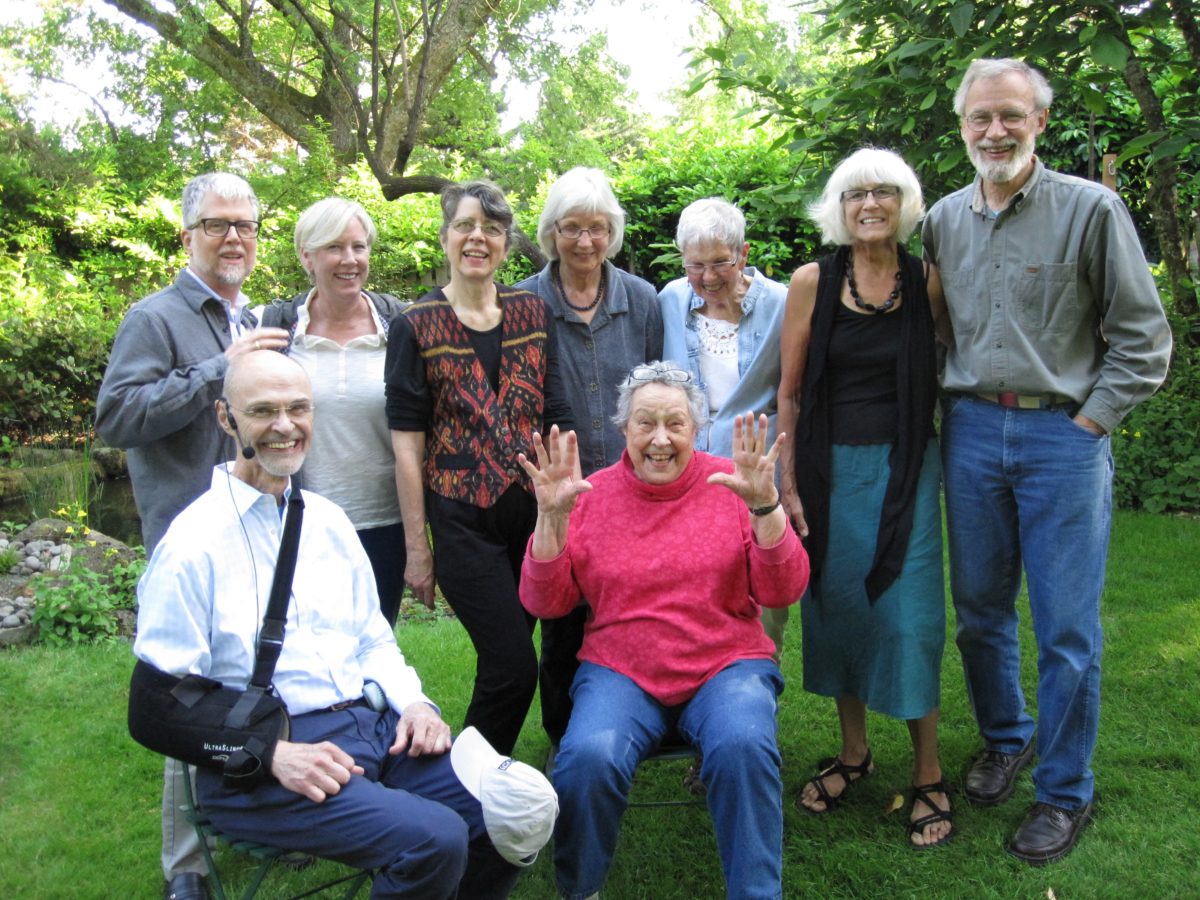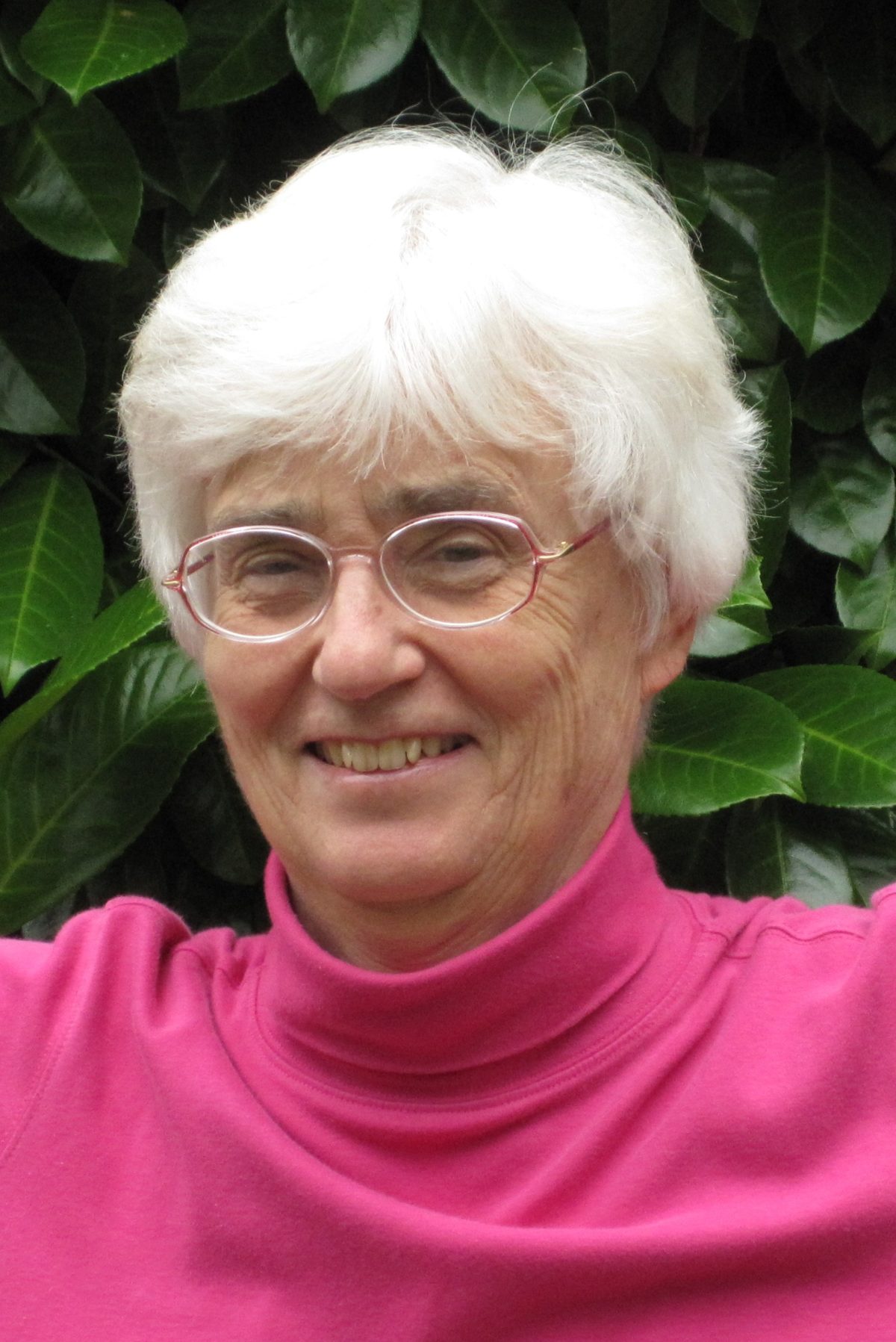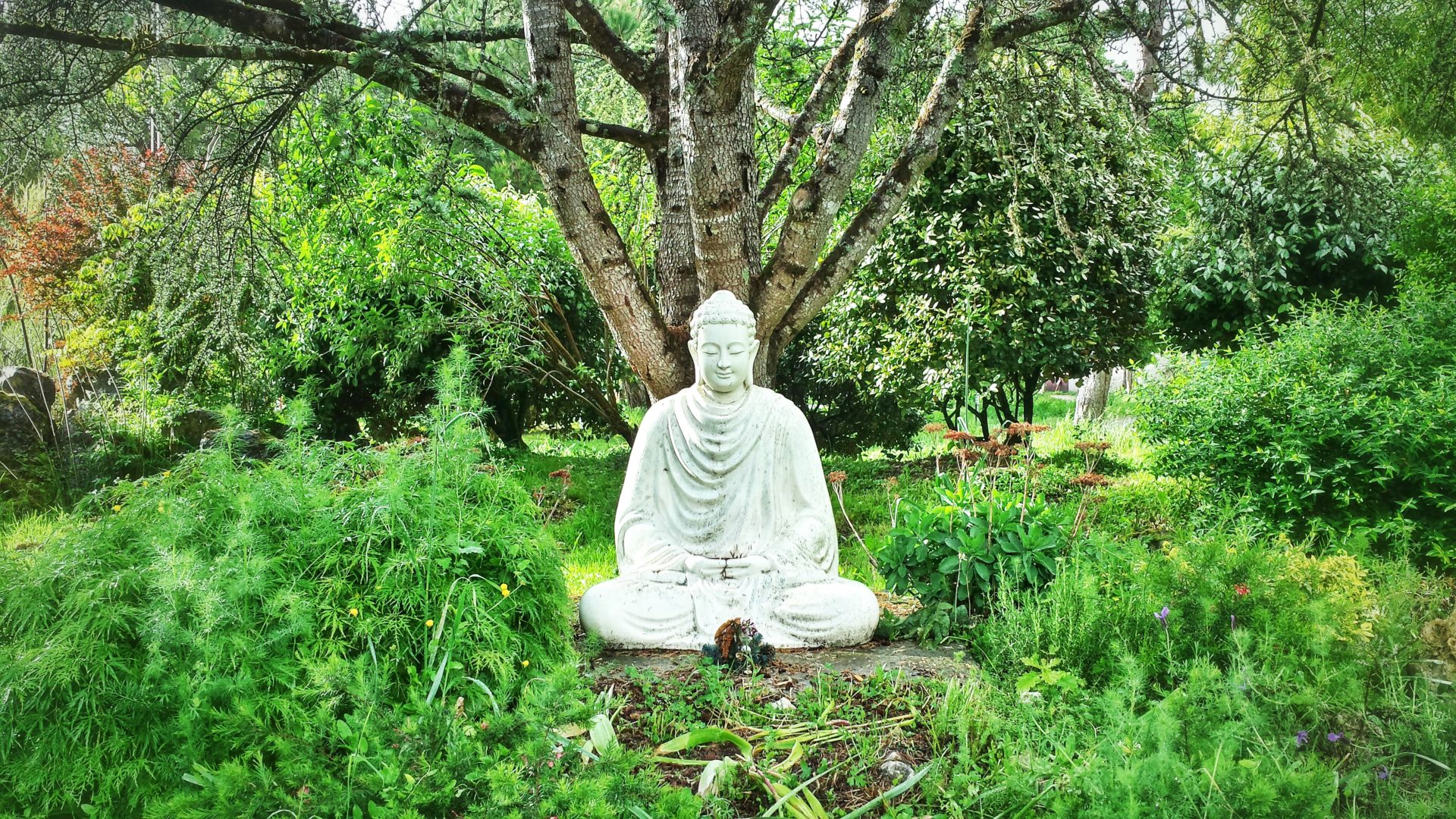By Eve Heidtmann
Global warming is hard to face. The challenge is so great and I feel so small. I tried denial but found I just couldn’t keep it up for long. Finally I decided I had to take hold of some part of the problem and do something. The issue that most called out to me was food. I set out to learn about it and see what I could do.
By Eve Heidtmann
Global warming is hard to face. The challenge is so great and I feel so small. I tried denial but found I just couldn’t keep it up for long. Finally I decided I had to take hold of some part of the problem and do something. The issue that most called out to me was food. I set out to learn about it and see what I could do.
Food is a huge contributor to global warming. Everything on my plate today comes not only from the sun, rain, and soil, but also from a long chain of people driving tractors and trucks, creating packages and running assembly lines. My dinner, simple as it is, has an impact on the Earth and on the future that lies ahead for all our children. It’s one little dinner, one little impact, but I need to remember to multiply my impact by seven billion, the number of people on Earth who are or should be having supper tonight. Then I need to remember that we’re all doing it again tomorrow, and the next day, and all the days to come. We ask so much of the Earth. Our collective impact is huge.

Endangering Ourselves
The impact of our farmed animals is also huge. For those of us who grew up reading stories about family farms where the animals were known by name, it can be hard to comprehend the scale of animal agriculture today. The concept of “farm” has changed into “factory” as the number of animals has grown exponentially. In the United States, the average layer-chicken operation now has 614,000 birds. Hog farms and cattle feedlots hold animals in the tens of thousands. If you have access to the Internet, search for “cattle feedlots” and you will see photos of cattle in pens for as far as the eye can see. The average number of cows in “megadairies” now is almost 1,500. Because a dairy cow must produce a calf every twelve to fourteen months to keep the milk flowing, the dairies provide a constant supply of new animals for the beef cattle yards. The cow herself goes off to the slaughterhouse when her milk production declines. All these numbers add up: more than ten billion farmed animals are slaughtered every year in this country alone.
The production of livestock on this scale contributes greatly to climate change, causing at least eighteen percent of greenhouse gas emissions. Carbon comes from all the fossil fuels burned to grow and transport feed, transport animals to slaughter and run the machinery involved, and refrigerate, package, and transport the meat. Then there is methane, which has twenty-three times the warming power of carbon dioxide, and nitrous oxide, with 296 times that power, both of which come from the digestive processes and manure of farmed animals.
As all of these gases rise and trap heat in the atmosphere, they help push the climate to extremes, causing floods and droughts that make it ever harder to grow crops. The problem comes full circle: in the name of feeding ourselves, we are endangering our own food supply.
New Flavors, New Friends
So what am I to do about dinner? I’ve learned to question old habits and challenge myself to try something new. Reading The China Study by T. Colin Campbell convinced me that I could not only do without animal products, but I would be healthier if I did. I decided to check out vegan cookbooks from the library and see if I could imagine eating this kind of food. To my surprise, I was delighted with all the new flavors and quickly bonded with plant-based cooking.
In 2007, Thay gave a Dharma talk about livestock and global warming and asked us to try eating differently. Soon after I left the meditation hall in Deer Park that day, I had an idea. I got together with Sangha friends in Portland and we started The Joy of Mindful Cooking, a recipe-sharing project to help each other explore plant-based cooking. We began to meet once each season for a potluck to share our culinary creations and talk about food.
When we gathered our recipes on a homemade website (mindfulcooking.org), we were found by people all over this country and beyond, and we now have a mailing list of 125 caring cooks in eleven countries. We’re all in different places on the carnivore-herbivore continuum. The consistent vegans among us are living proof that consumption of animal products is not needed for health or happiness; the rest of us are doing this part-time, discovering the deliciousness and boundless variety of plant-based cooking to whatever extent is right for each of us.
Global warming is still hard to face, but in an odd kind of way, I’m feeling gratitude for what it has done to my life. Looking back, I see that the climate crisis has led me to new sources of happiness. I’m enjoying so many new flavors at the dinner table. I have new friends around me and pen pals in other states and countries; they expand my horizons as they send news of food-related projects going on everywhere. I have come to realize that my small efforts are part of something much bigger, a web of connections and inspiration that’s changing the food picture in many ways. I’m beginning to see global warming as a mindfulness bell, waking up people everywhere and bringing us together with a new sense of community and a growing awareness of what we are doing on this precious plane.
As I sit down to my plant-based dinner, I’m remembering John Robbins’ simple prayer: May all be fed. May all be healed. May all be loved. I could add: May we do right by the Earth.

Eve Heidtmann, Natural Outreach of the Heart, is a member of the Thursday Night Sangha in Portland, Oregon.

